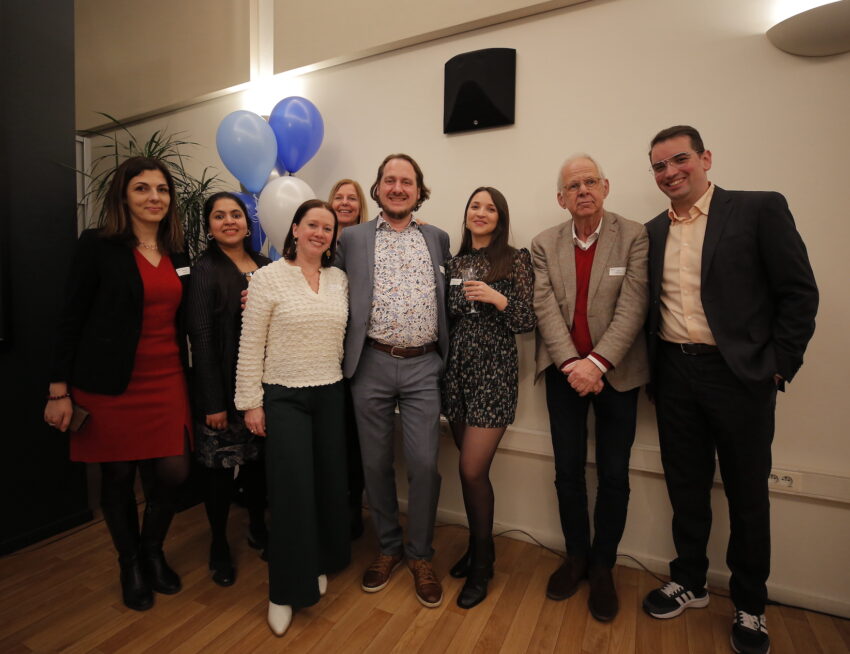
Magalie Soenen started as EQAR Director
Magalie Soenen is, since the first of May, officially Director of EQAR. We look forward to working with her and will try our best to ensure a smooth transition.
Many of us have known Magalie for quite some time, since she is anything but a newcomer in higher education circles. For over 13 years Magalie has been working as Higher Education Policy Advisor for the Ministry of Education and Training of Belgium (Flemish community). Not only did she thus represent Belgium (Flemish community) at the EQAR General Assembly, the Members’ Dialogue and even a number of times as observer to the Register Committee, but she also represented the interests of the Flemish Ministry at the Bologna Follow-up Group (BFUG) and many of its working groups. (More about Magalie’s background here)
“We are extremely happy to welcome Magalie as EQAR’s new director. She has large shoes to fill, but we are sure that she will manage, together with our experienced and very committed staff!”, says EQAR President Karl Dittrich.
As Magalie’s predecessor, Colin Tück congratulated: “Having been EQAR’s Director for 15 years created some attachment of course. That’s why I am now very glad and relieved to hand over to such a highly competent, experienced and thoughtful successor as Magalie. It is a good feeling to see everything is in safe hands. Congratulations, Magalie, and the very best wishes in your new role!”
Magalie Soenen highlighted to mark her start as EQAR Director: “It is an honour and at the same time a challenge to take over from Colin Tück, who has been leading the organisation for 15 years.
My vision for the future of EQAR is linked to 3 key words of the Rome Communiqué: innovative, interconnected and inclusive. These words symbolise the road ahead of us. As higher education is in constant development, also EQAR needs to focus on innovation. We should follow new trends without losing focus on the core tasks of EQAR. After all the higher education community is and should be dynamic, and EQAR has to follow new developments closely. Besides that, EQAR should also be open to innovation and improvement within our own policies, working methods, structures and procedures and adapt our tools where necessary. Innovation means being flexible in structure and culture. Secondly, we have to be interconnected with all our stakeholders, other BFUG structures, but also with experts and international organisations worldwide. We need to seek further collaboration and continue dialogue, invest in data connectivity and share expertise. We have to work with an open mind. Lastly, it is important to be inclusive. We have to take into account the different policies, cultures and structures among the EHEA countries, but also facilitate the (continued) registration of different kind of quality assurance agencies in EQAR. ‘One-size-fits-all’ is no longer the usual method.
I am looking forward to continue the good work done and take on new challenges ahead. Together with our (new) president, the EQAR staff and our members, I will try to make EQAR an inclusive, innovative and interconnected organisation, which is ready for the future.”